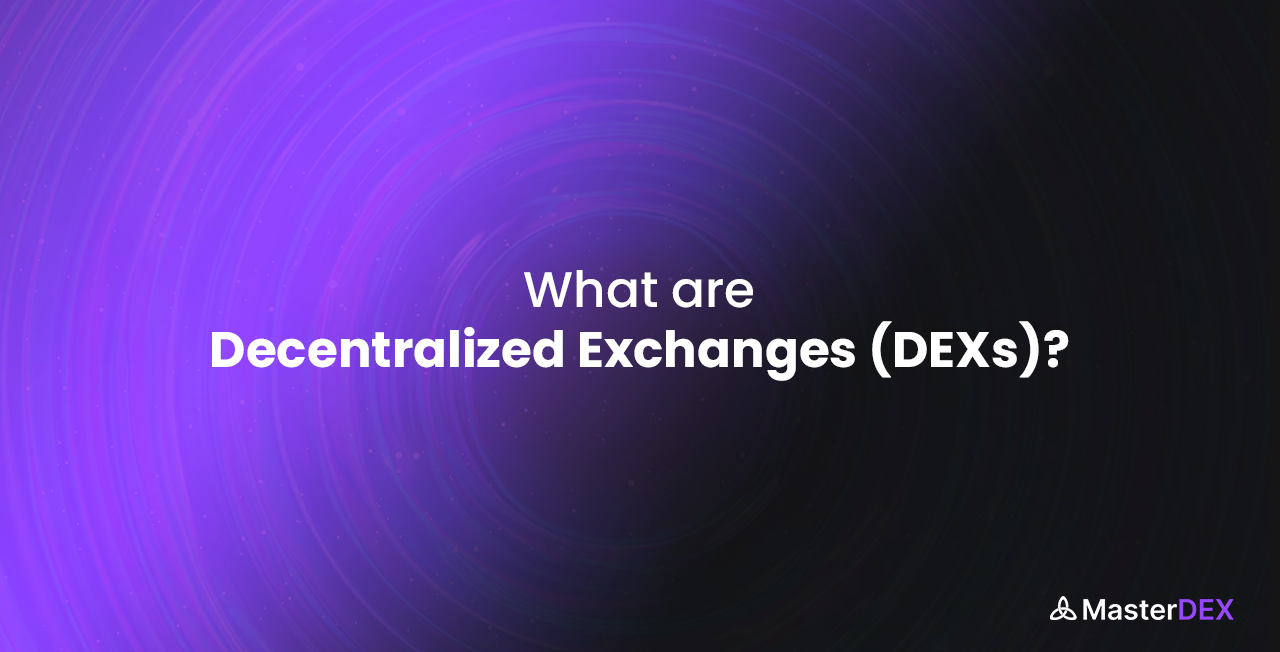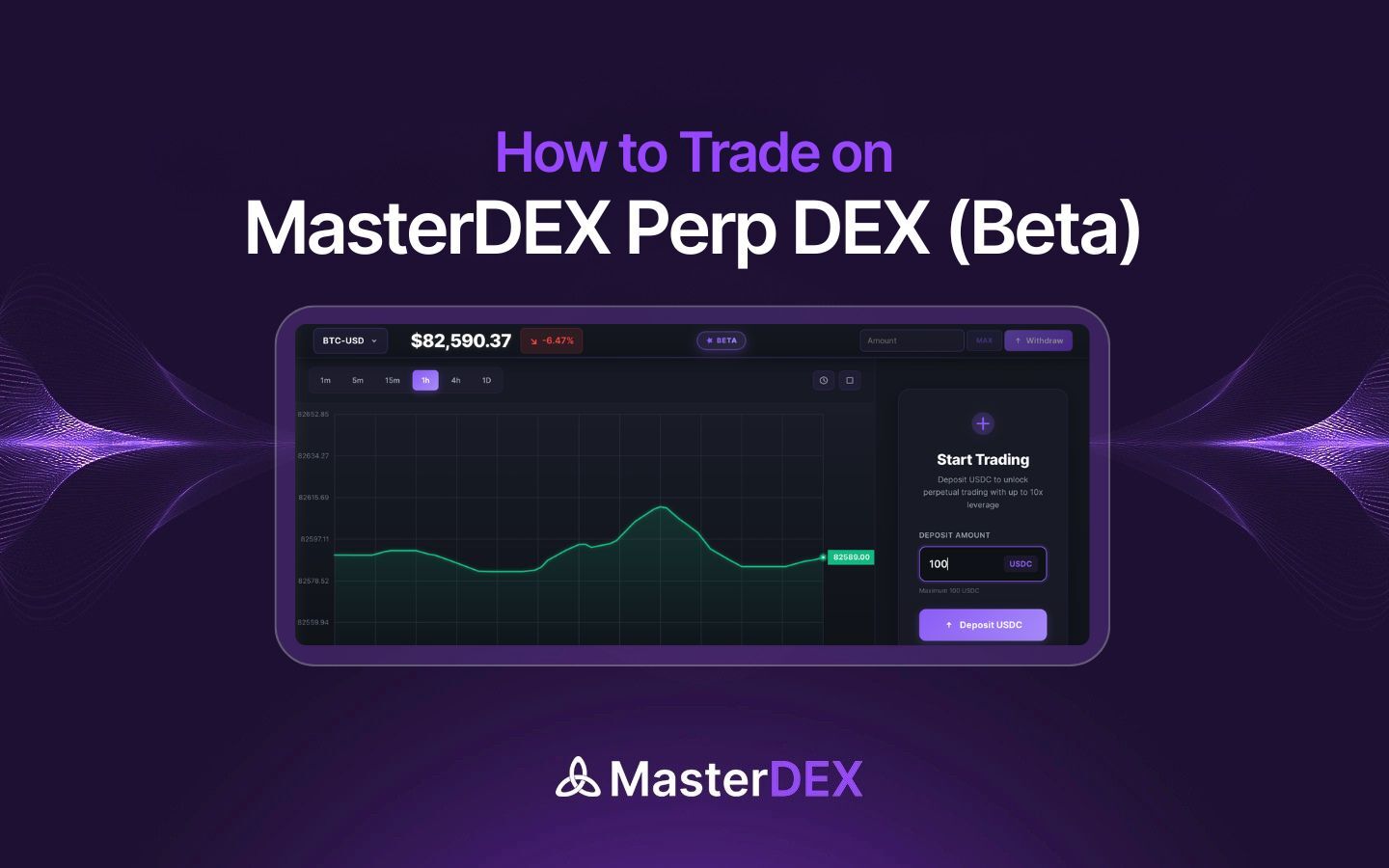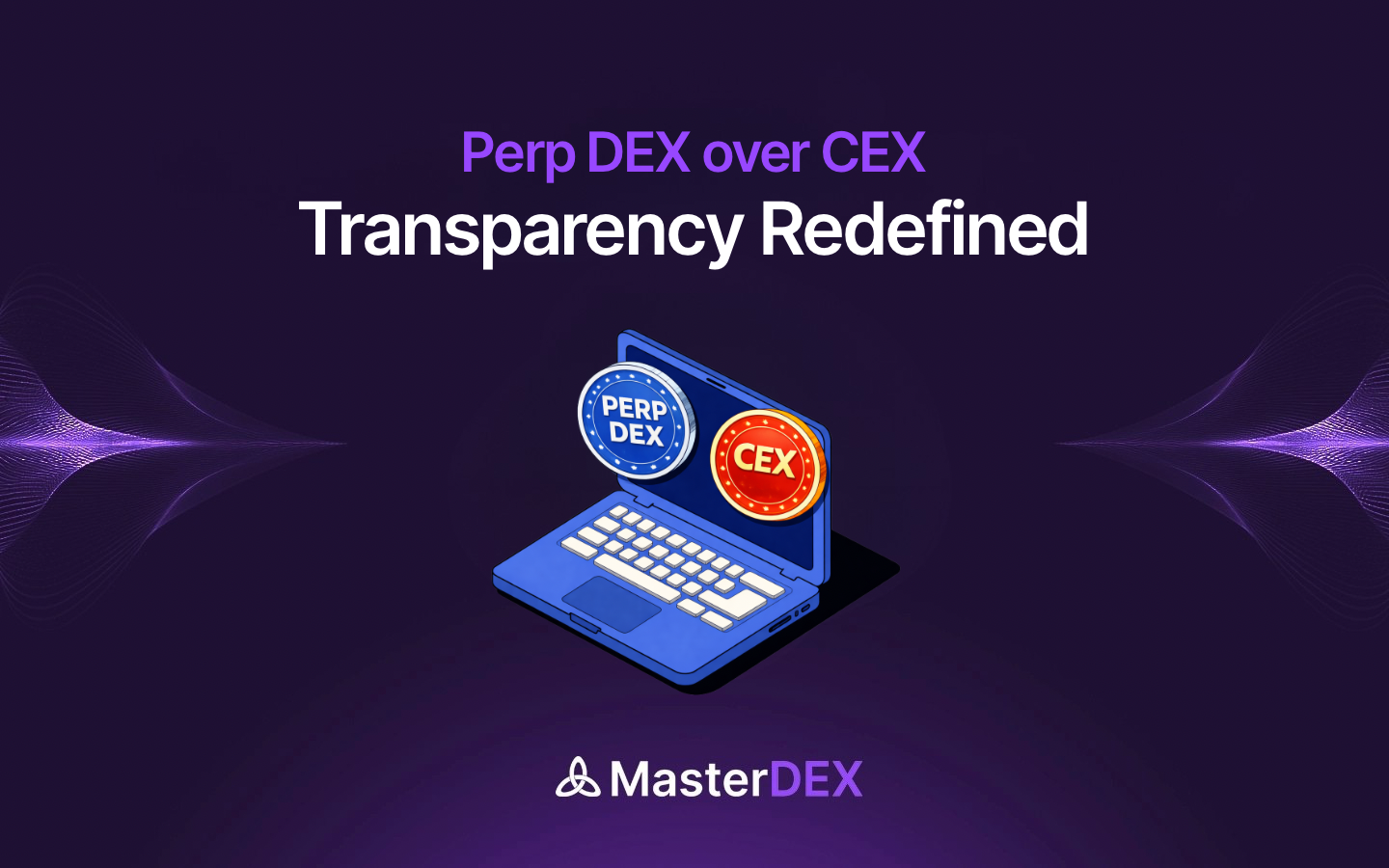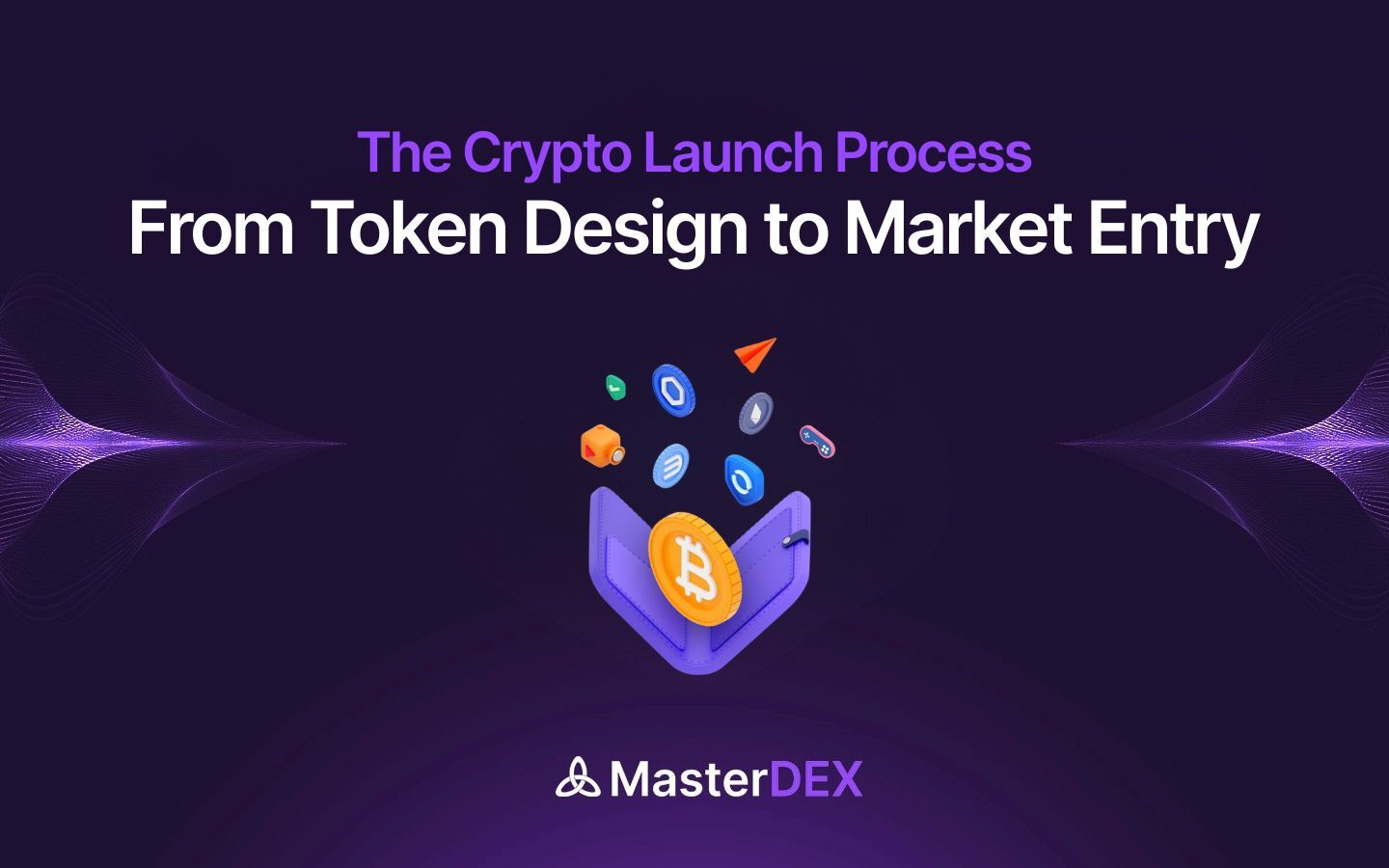In the past few years, decentralized exchanges have become a fundamental component of the crypto ecosystem and have experienced an increase in adoption. These transactions are experiencing significant growth. In the first quarter of 2021, decentralized exchanges (DEXs) facilitated transactions totaling $217 billion. There were more than two million DeFi traders as of April of last year, which represents an increase of ten times from May 2020.
DEXs are decentralized blockchain-based applications. Additionally, all trades on DEXs operate peer-to-peer, with liquidity derived from other crypto traders. Centralized exchanges are frequently the initial point of contact for cryptocurrency consumers. However, decentralized exchanges fulfill a genuine promise of cryptocurrency: they facilitate financial transactions unregulated by agents, financial institutions, or any other mediator.
Table of Contents:
ToggleWhat are Decentralized Exchanges (DEXs)?
A decentralized exchange (DEX) is a peer-to-peer marketplace that enables users to transact cryptocurrencies in a non-custodial way without the necessity of an intermediary to enable the transmission and custody of funds. Blockchain-based smart contracts which promote the exchange of assets replace intermediaries—traditionally, financial institutions, brokers, payment gateways, or other institutions—in DEXs.
DEXs provide full visibility into the transfer of assets and the mechanisms that facilitate exchange, in contrast to traditional financial transactions that are opaque and conducted through intermediaries who provide barely any insight into their actions. In addition, DEXs mitigate counterparty risk and can mitigate systemic centralization risks in the cryptocurrency ecosystem by preventing user funds from passing through a third party’s cryptocurrency wallet during trading.
By engaging with the smart contracts that underpin the trading platform, decentralized exchanges enable users to conduct transactions directly from their purses. Traders are accountable for the loss of their funds if they make errors, such as transferring funds to the incorrect addresses or losing their private keys.
The decentralized exchange portals issue an “I owe you” (IOU) for the customers’ deposited funds or assets, which can be openly traded on the network. An IOU is fundamentally a blockchain-based token that is equivalent to the value of the underlying asset.
What are the different categories of DEX?
AMM
An automated market maker (AMM) uses smart contract technology to monitor the price of digital assets and fulfill orders. AMMs execute purchase and sell orders by utilizing community-funded liquidity pools, rather than matching buyers and sellers.
Two distinct tokens comprise liquidity pools. A liquidity pool’s purchase or sale of a token affects the price of the pool’s tokens and modifies the token ratio.
The price of an asset is rarely consistent across all exchanges due to the fact that a multitude of automated market makers utilize their own liquidity pools. Nevertheless, arbitrageurs generally acquire assets from exchanges with lower prices and resell the tokens into pools with higher prices, thereby averaging the price between the two pools.
Order Book (off-chain and on-chain)
Centralized exchanges and order journals exhibit similarities. These exchanges allow traders to submit buy orders at the price they are willing to pay for a particular digital asset and sell orders at the price they are willing to sell the asset. The order book compiles these offers and then matches buyers and sellers to complete transactions. On-chain order books enable merchants to acquire and dispose of digital assets without holding onto their tokens. In numerous instances, traders may leverage their transactions to enhance their profit potential; however, this also increases their loss possibility.
DEX aggregators
DEX aggregators are analogous to a decentralized exchange search engine in that they consolidate decentralized exchanges, thereby eradicating the necessity of manually determining the most advantageous price for a token. These platforms employ a variety of protocols to consolidate liquidity from multiple DEXs, thereby reducing slippage on large orders, reducing trading fees, and providing optimal token prices.
MasterDEX is a new player in the market that is a one-stop solution for all the DeFi needs. Explore Here.
What is the Process for Operating a DEX?
A sign-up is not required to use DEX. Users are not even required to have an email address in order to engage with these platforms. Alternatively, the user, as a trader, will necessitate a wallet that is interoperable with the smart contracts on the exchange’s network.
To use a decentralized exchange, take the following steps:
Step 1: Choose the network, as each trade incurs a transaction fee.
Step 2: Choose a wallet that is interoperable with the selected network.
Step 3: Tokens used to cover transaction fees on the chosen network fund the wallet. The user must acquire these tokens through centralized exchanges. The symbol for the ticker they employ will facilitate their identification. For instance, the symbol ETH represents Ethereum.
After purchasing the tokens, merely transfer them to the wallets that the user have control over.
It is essential to avoid the migration of funds to the incorrect network. With a funded wallet, they have the option to connect the wallet by clicking on the “Connect Wallet” button on the online interface of decentralised exchanges or by responding to a pop-up prompt.
Benefits of choosing a DEX
Trading on decentralized exchanges can be costly, particularly when network transaction fees are high during the execution of the contracts. However, there are a multitude of benefits to utilizing DEX platforms.
Token Accessibility
Before listing tokens, centralized exchanges are required to individually verify their compliance with local regulations. New projects will likely be listed on decentralized exchanges before they are available on their centralized counterparts, as these exchanges may incorporate any token minted on the blockchain they are constructed upon.
This can enable traders to participate in initiatives at the earliest possible stage, but it also suggests that DEXs list a variety of scams. A typical exit scam is a “rug pull,” which is a prevalent scam. When the price of the tokens used to supply liquidity on these exchanges’ pools increases, the team behind a project dumps them, preventing other transactions from selling. This is known as a rug pull.
Confidentiality
DEXs maintain users’ anonymity when they exchange one cryptocurrency for another. Users are not required to undergo a standard identification procedure known as Know Your Customer (KYC) in contrast to centralized exchanges. KYC processes entail the acquisition of traders’ personal information, which includes a photograph of their official identification document and their complete legal name. Consequently, a significant number of individuals who prefer anonymity find DEXs attractive.
Decreased Security Concerns
Skilled cryptocurrency users who custody their funds are less likely to compromise DEXs because these exchanges do not have control over their funds. Conversely, merchants safeguard their funds and engage with the exchange solely when they desire to do so. Liquidity providers may be the sole entities at risk in the event of a platform breach.
Decreased Counterparty Risk
Counterparty risk arises when the other party to a transaction fails to fulfill its contractual obligations and fails to fulfill its portion of the agreement. The absence of intermediaries and the implementation of smart contracts in decentralized exchanges mitigate this risk.
To avoid any additional risks when using a DEX, users can quickly conduct a web search to find out whether the exchange’s smart contracts have undergone audits and make decisions based on other traders’ experiences.
Conclusion
The cryptocurrency ecosystem’s backbone is rapidly evolving into decentralized exchanges. For the majority of cryptocurrency traders and retail users who are seeking to generate liquidity and receive rewards on their assets, DEXs are an appealing alternative due to their inherent privacy and security.
It is probable that decentralized exchanges will continue to be an essential component of the crypto ecosystem, and there will likely be advancements in the governance infrastructure, smart contract security, trade scalability, and user experience. However, it remains uncertain whether the current DEX designs will promote institutional adoption and long-term development, and whether these exchanges will attract the majority of trading activity.



